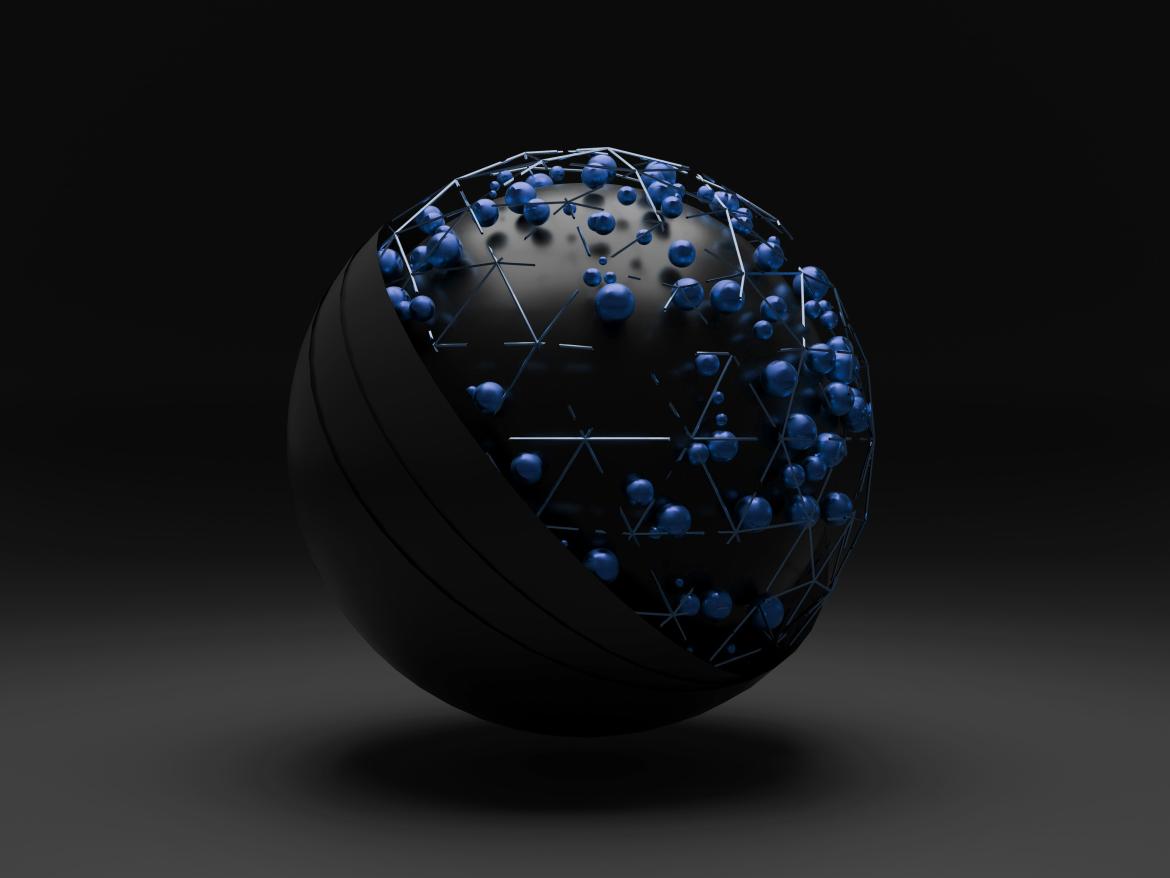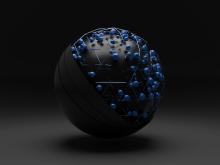Transformation through networking
After regaining independence in 1990, most branches of natural sciences in Latvia underwent transformations regarding research management, industrial partnerships, and demand. Already having a significant impact, the natural sciences are today prioritised in many Latvian research policy documents. The field is characterised by a strong research community, efficient cooperation between leading institutions, and increasing integration with the system of higher education.
Natural sciences in Latvia are represented by several outstanding scientific organisations with strong international ambitions, e.g. the University of Latvia (UL) Institute of Solid State Physics (ISSP), the Latvian Institute of Organic Synthesis (LIOS), and the Latvian Biomedical Research and Study Centre (LBRSC), as well as several institutes and departments at UL.
The potential for interdisciplinary research increases when partners with complementary expertise work together. For example, the Baltic Biomaterials Centre of Excellence (BBCE) unites research institutions of material design (Riga Technical University, RTU), clinics (Rīga Stradiņš University, RSU) and chemical synthesis and preclinical tests (LIOS).
Pharmaceutical research has benefitted from close cooperation with well-established industrial partners, while physics and material sciences have strengthened several new enterprises now conquering international markets with innovative products.

